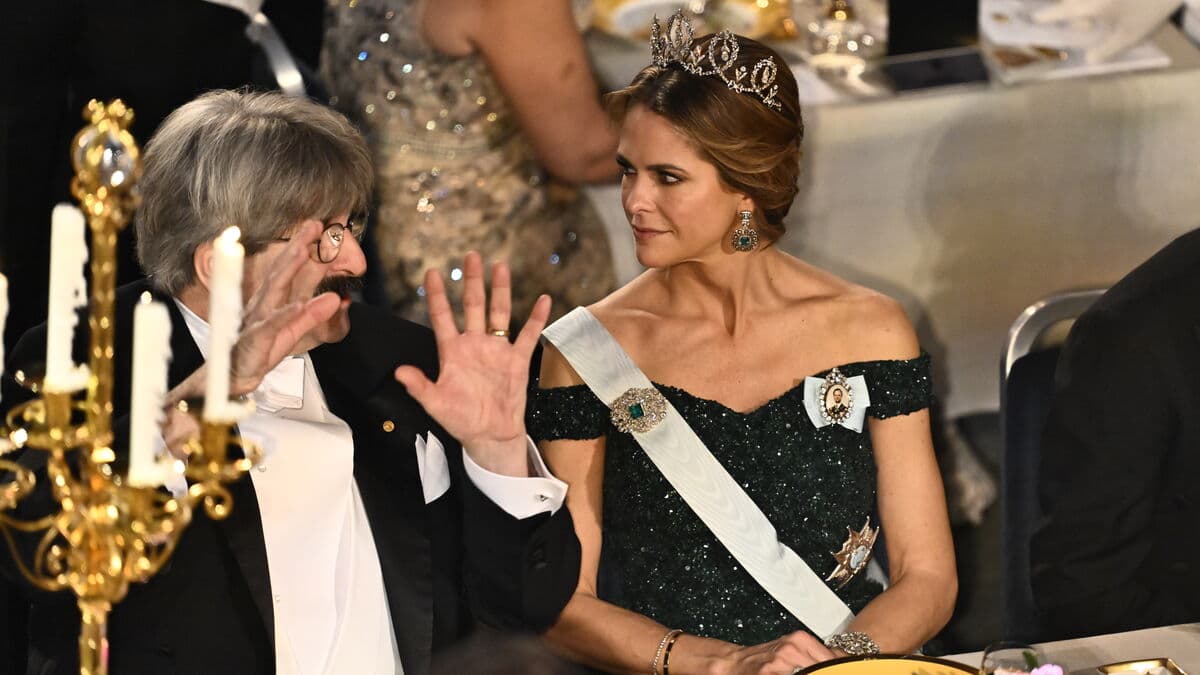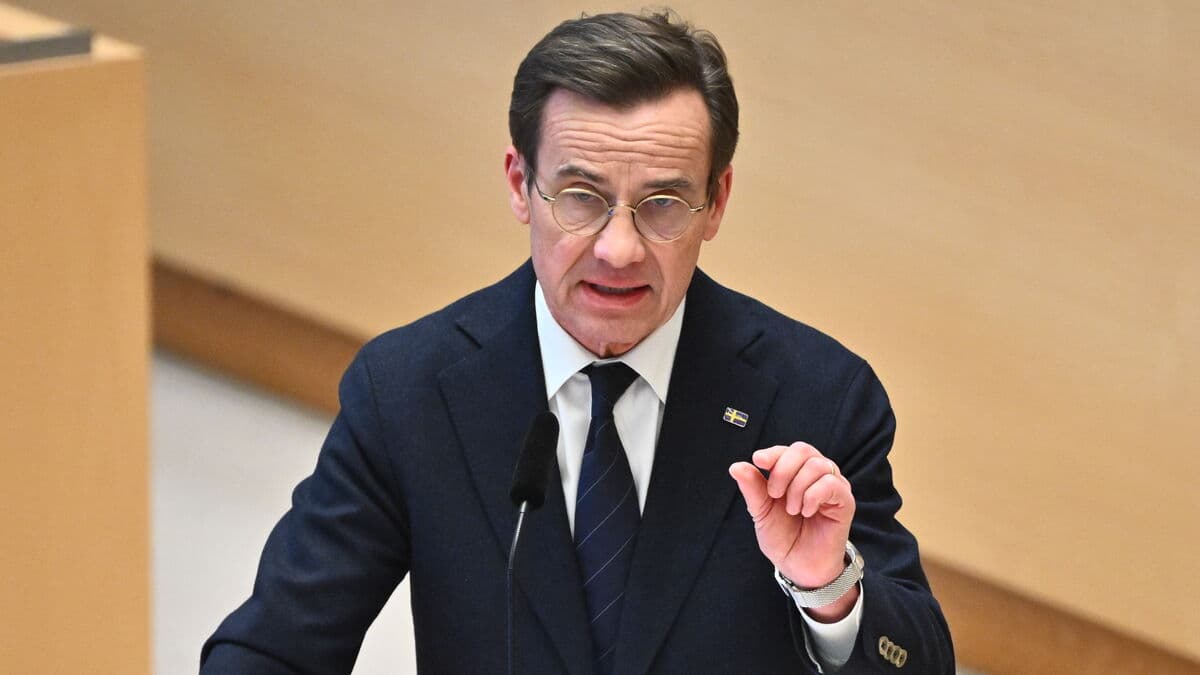In a few hours, it will be clear who will receive the guaranteed groundbreaking call from Sweden. At 11:30 am today, Monday, we will find out who or who will be awarded the 2025 Nobel Prize in Medicine or Physiology.
Among those mentioned in the preliminary discussions are researchers who have laid the foundation for best-selling diabetes and weight loss medications, such as Ozempic. They are based on mimicking an appetite-regulating hormone, GLP1, and work by regulating appetite and levels of blood glucose.
Others mentioned include Lotte Bjerre Knudsen, who led the development of the medications at Novo Nordisk, as well as Joel Habener, Svetlana Mojsov, and Jens Juul Holst, who have made discoveries about GLP1.
It could also be the American Jeffrey Friedman, a molecular geneticist who has made discoveries about leptin, a hormone that regulates appetite.
Cancer is another area where fundamental discoveries have led to new types of treatments, and here is the American chemist Kevan Shokat. He has developed an inhibitor against a mutated protein that can cause various types of cancer, including lung cancer.
Researchers who have made discoveries that have led to the so-called Car-T-cell therapy are also potential candidates.
Salim Abdool Karim and Quarraisha Abdool Karim could also be candidates for discoveries that have laid the foundation for life-saving treatments against HIV.
Last year, the so-called "medicine prize" went to the Americans Victor Ambros and Gary Ruvkun for their discovery of microRNA.
Alfred Nobel (born 1833 in Stockholm, died 1896 in San Remo, Italy) is Sweden's most famous inventor and industrial leader. His most important invention was dynamite, which he patented in 1867.
Alfred Nobel left behind a large fortune, and in his will, it was stated that the majority of the fortune would form a fund, where the return would go to prizes for "those who during the past year have conferred the greatest benefit to mankind".
Nobel wanted prizes to be awarded in five categories: physics, chemistry, physiology or medicine, literature, and peace.
The first prize ceremony took place in 1901.
Much later, the Economics Prize was established, or "the Prize in Economic Sciences in Memory of Alfred Nobel". The prize was established by the Swedish Riksbank and was awarded for the first time in 1969.
No more than three people can share each prize.
The prize amount is 11 million Swedish kronor per prize category.
The prize ceremony takes place on Alfred Nobel's anniversary of death, December 10. The Nobel Prize is awarded in Stockholm and Oslo (the Peace Prize).
Sources: NE and nobelprize.org






